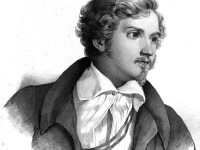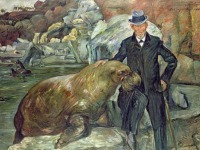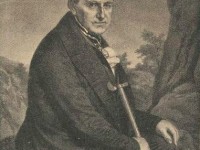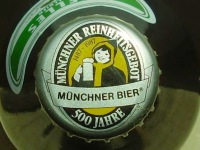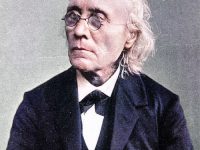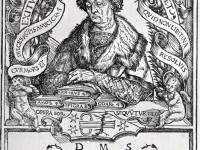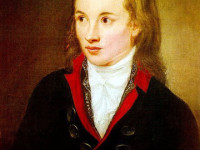The Seaplanes of Claude Dornier
On May 14, 1884, German airplane builder and entrepreneur Claudius Dornier was born. His legacy remains in the few aircraft named after him, including the Dornier Do 18 and the 12-engine Dornier Do X flying boat, for decades the world’s largest and most powerful airplane. Background Claudius Dornier Dornier studied engineering at the Technical University of Munich and began his career in Karlsruhe in 1907. Unfortunately, his father fell very ill and could not take…
Read more


